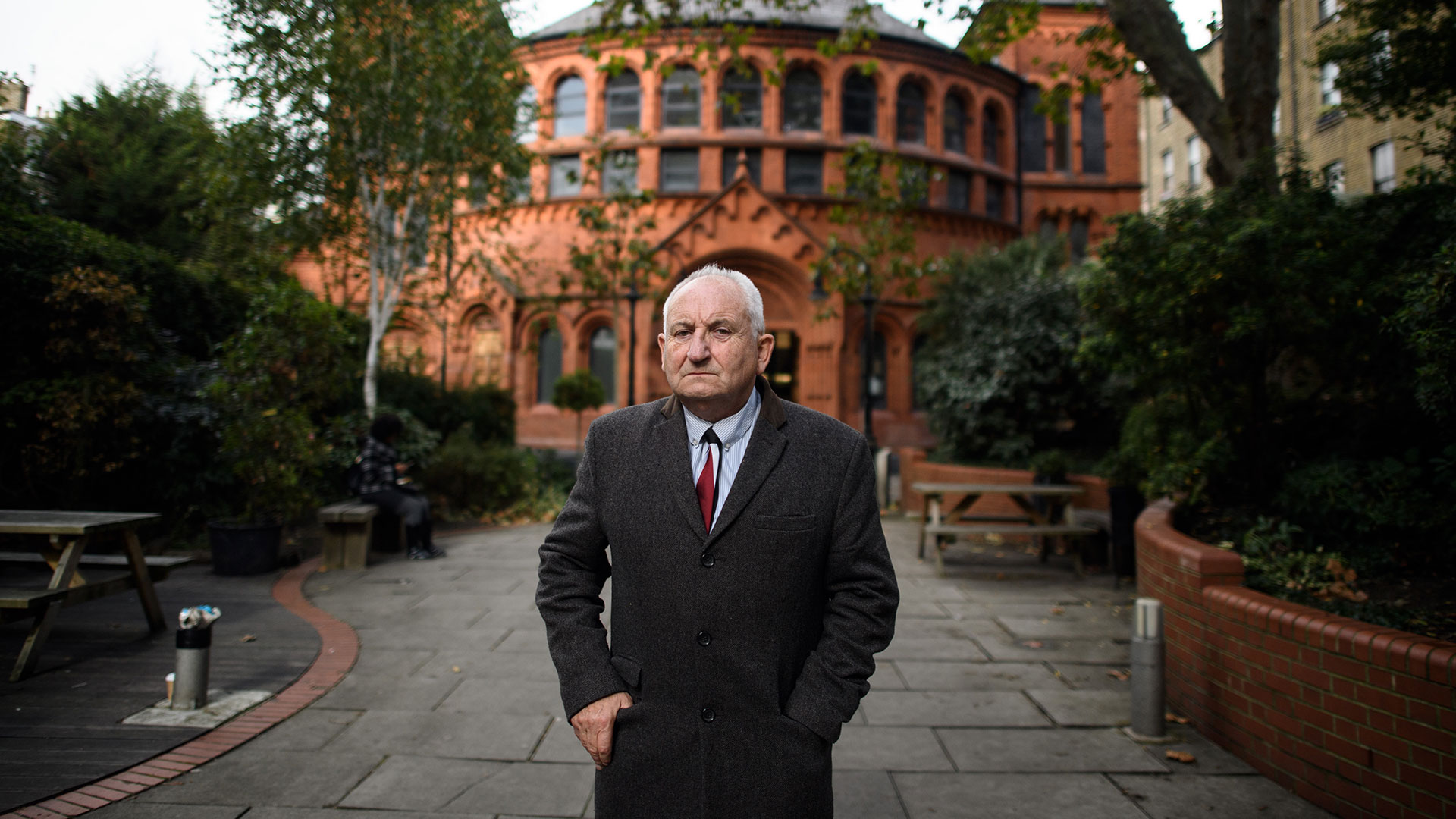By capturing the murderer, you solve the crime. And by feeding people on the streets, or taking them into a hostel you solve another crime. If you have more crimes of poverty, you solve them too. You give out more food parcels and allocate more hostel beds.
The detective does not care, or should not care, whether the murderer is a cabinet minister, a police commissioner, a tycoon or a high court judge. They may need to understand motivation in order to track down the culprit, but they (should) always wash their hands of the criminal, caring nothing of their background, inspiration or stimulus.
Poverty is treated like a crime. Or it’s always seen as something that can be resolved by ‘giving’ something, like a detective giving a solution to a prosecutor, or a judge giving grounds to a jury.
However much money we throw at poverty, it will elusively reformulate itself between January and next December, causing everyone who cares about their fellow human to get even more outraged
Poverty is treated (and spoken of) as an ‘end in itself’. As a thing in itself, something with intrinsic value. Most of us know that there’s no single reason that poverty happens in the lives of the impoverished. But because of the way it’s handled and dealt with, poverty becomes a ‘player’, a thing. Hence, you feed it and it goes away. You house it, and it goes away. Or you clothe it, and it goes away.
As the old year turns to new, everyone is coming up with their solutions to poverty. But it’s always the poverty of the outdoors-of-Christmas. The poverty of the here and now. Of the sharp end of street living. And because of that, we get nowhere.
However much money we throw at poverty, it will elusively reformulate itself between January and next December, causing everyone who cares about their fellow human to get even more outraged, and just in time for the festive season.
Advertising helps fund Big Issue’s mission to end poverty
The biggest poverty is not poverty. The biggest poverty is the poverty of solutions. The poverty of the short-termism, of treating poverty like a detective treats a murder; whilst remembering that the detective is different in an important way. If the detective solves more and more murders, it increases the chance that the killer will be captured, perhaps influencing a prospective murderer not to take life at all.
But the more you feed the poor, the poorer you make the poor. You don’t reduce the problem; except in the short-term (when of course, it can be life-saving). Feeding the poor never tackles the conditions that make people poor in the first place.
A detective deals with the act of crime, and successfully, one hopes. But you cannot reduce poverty to a single act, in order to try to end it. And you cannot end poverty by putting all your anger into hunger.
It’s not that poverty is complex, but murders are not. It’s that in order to solve poverty, we need to go beyond the act of feeding.
That’s why you have to turn the handout, the feeding, into a hand up; into a motion, a movement, a path away from poverty. And that’s why, once again, we have failed the thinking test, this past Christmas. Once again, we have said “But what about the poor person out on the street?” Rather than saying, “What can we do to stop this happening again next year, which, as sure as eggs is eggs, it will?”
Advertising helps fund Big Issue’s mission to end poverty
Maigret gradually gets nearer to the criminal by gathering more clues, obtaining more evidence. We don’t seem to get nearer to the ‘crime of poverty’ by gathering more evidence of its existence. Of the amount of people falling into it, being trapped by it, getting stuck in it. Of statistical evidence of its existence.
Rather, we coat ourselves in knowledge that impedes the prevention of poverty, the stopping of it before it happens. We wait for the next lot of evidence to refresh our knowledge of something that is, in fact, self-evident, and staring us in the face.
It’s not the evidence we need, but the plans to end that crime of crimes, poverty. Or, to put it another way, we only have emergencies at Christmas because we never do the work earlier in the year. Happy new year.






